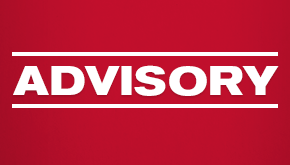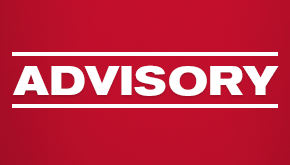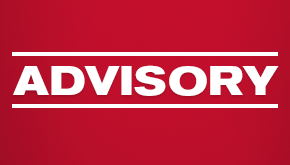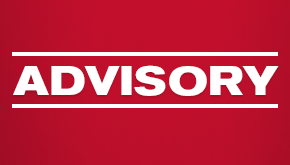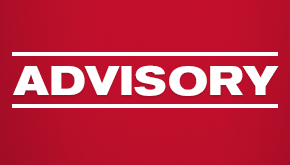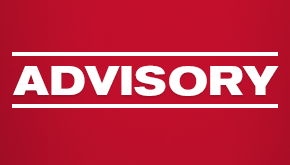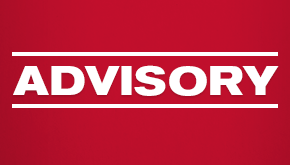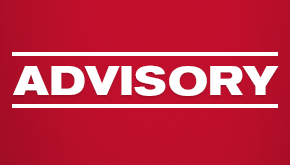Confronting the “Digital Elephant in the Room”: Expansion of SEC Crypto Regulation Looms
Last week, senior Securities and Exchange Commission (SEC) officials spoke at a securities industry conference and signaled that the SEC intends to expand its regulatory reach in the cryptocurrency space. For the past several years, it has not been a secret that the SEC has asserted its role in regulating the creation and introduction of digital currencies and assets. Former Chair of the SEC Jay Clayton summed up the SEC’s approach toward digital assets when he told Congress in 2018 that every digital token offering he had seen to date was a security. Last week, top SEC officials made it clear that this view has not changed. Rather, the SEC intends to expand its reach and enlarge the “digital elephant in the room.”
Both the current SEC Chair Gary Gensler and Enforcement Director Gurbit Grewal made it clear that the SEC will view all but a rare handful of digital assets as securities subject to the SEC’s jurisdiction. According to Gensler, “[o]f the nearly 10,000 tokens in the crypto market, I believe the vast majority are securities.” He added, while “[s]ome tokens may not meet the definition of a security,” those “represent only a small number of tokens.” He then identified, albeit reluctantly, only one example of a digital asset that he considered outside the SEC’s purview: Bitcoin. For all the rest, Gensler and Grewal both indicated that the industry should not hold its breath for proposed regulations that would help crypto market participants gauge when the SEC will stop viewing crypto assets as a security rather than a commodity. Indeed, both proclaimed that the definition of an “investment contract” contained in the Securities Act of 1933 is broad enough to encompass most crypto assets and the Supreme Court’s 1946 Howey test is well established.
Gensler also claimed that there is no need to provide industry regulatory guidance given the “pretty clear voice” of the SEC on the topic over the past five years. He pointed to “dozens of enforcement actions,” including one that resulted in the SEC’s Investigative Findings in the DAO Report. Gensler also pointed to the Division of Corporation Finance guidance, with a disclaimer hidden in a footnote that this guidance was “not a rule, regulation or statement of the Commission” and not binding on the Division of Enforcement or the SEC. Gensler ended this segment of his speech with the SEC’s preferred solution for those developing tokens: Get them registered and regulated as securities.
What followed was the promise of a new era of crypto industry regulation that extends beyond the creation and development of the digital assets themselves. Gensler signaled that the SEC will next turn its sights to crypto asset intermediaries. This expansion rests on the underlying assumption that nearly all crypto assets are securities. According to Gensler, whether the crypto intermediary is centralized or decentralized, there are core functions of crypto intermediaries that have clear parallels to the securities marketplace: “exchange functions, broker-dealer functions and lending functions.” Gensler noted that each of these functions has its own set of SEC regulations. According to Gensler:
- if an intermediary provides any exchange services for customers, they are “exchanges” under the securities laws;
- if an intermediary engages in the function of effecting transactions in crypto assets “for the account of others,” they are “brokers” under the securities law;
- if an intermediary function includes “buying and selling crypto . . . for their own account,” they are “dealers” under the securities law; and
- if an intermediary “provides lending functions for a return,” they are subject to SEC regulation as well.
Gensler recognized that crypto asset intermediaries often perform multiple functions in the crypto markets that raise potential conflicts of interest. According to Gensler, there is one solution: Consult with SEC staff, disaggregate the functions into separate legal entities, and register each of those newly created entities with the SEC.
Gensler’s views on the regulation of the crypto space through edict and enforcement action are not without opposition from the SEC’s four other Commissioners. Near the end of the conference, Commissioner Mark Uyeda advocated for a different tack. He noted that there was “widespread concern that the lack of predictability with regard to regulation may encourage crypto firms to relocate to other jurisdictions.” According to Uyeda, “the Commission’s views in this space have been more often expressed through enforcement action,” rather than invite industry views via the regulatory comment period. He added “[w]ithout the benefit of comments from crypto investors and other market participants, the Commission is unable to consider their perspectives in developing an appropriate regulatory framework.” Uyeda channeled what the industry is looking for: promulgation of clear regulations, with an opportunity to consider the industry perspectives, to provide a roadmap for compliant operations under the regulations of either the Commodities Futures Commission or the SEC.
Key Takeaways
There are some clear takeaways from these speeches. First, promulgation of binding regulatory guidance is not on the horizon. Those engaged in the creation and development of digital assets must rely on the application of fact-specific standards gleaned from enforcement actions and nonbinding staff guidance. Those in this industry sector have two paths to choose from: (i) proceed forward and rely on SEC interpretation of past actions applied in hindsight by an ever-changing array of enforcement staff and Commissioners guided by their own discretion; or (ii) register the digital assets as securities. Neither path is ideal. There is regulatory risk hanging over either approach. In the absence of regulation, even registration opens the doors for further unknown exposure under the Securities Act of 1933 (such as applicability of registration exemptions for aftermarket sales) and open questions of filing requirements under the Securities Exchange Act of 1934 (such as periodic reports).
Second, the SEC views the post-creation segment of the crypto industry as within its purview and plans to keep moving forward with policing this space. Even if, as Gensler suggests, one registers with the Commission, the application of the existing regulatory regime – from record keeping, examination, compliance and order administration – is unknown in the crypto space. This raises the question of whether the goal of creating an exchangeable store of value, free from the reliance of regulated intermediaries, will be achievable or forced within the preexisting model of the traditional securities markets.
Armstrong Teasdale lawyers are skilled in helping clients navigate issues facing players in the cryptocurrency space, including interacting with regulators in all phases of the regulatory process. Please contact your regular AT lawyer or one of our authors listed below for assistance in your specific situation.


